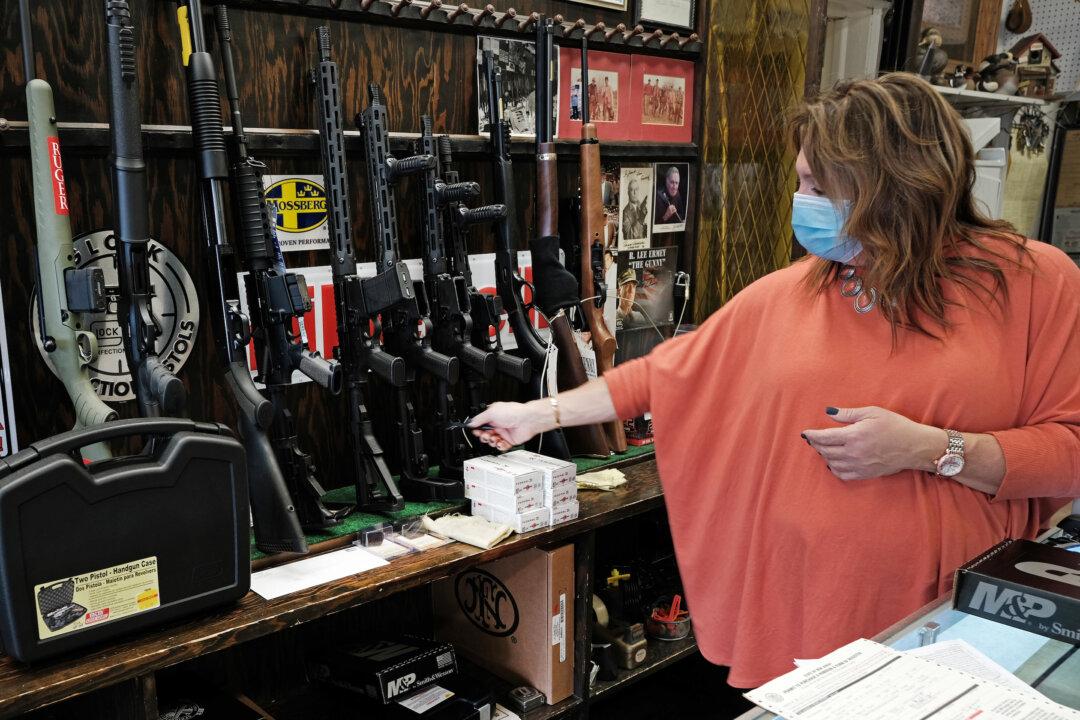“While crime spikes across our nation and especially within our major cities, President Biden’s administration continues to push regulations requiring law-abiding citizens to jump through more hoops to exercise their Second Amendment rights instead of targeting violent criminals and those failing to hold them accountable,” Boozman and Cotton said in a joint statement.
“We’re proud to defend responsible gun owners against this overreach and ensure the federal government does not create a backdoor national gun registry.”
Joining Boozman and Cotton in co-sponsoring the CRA are Republican senators Ted Cruz of Texas, who first introduced the resolution; James Lankford and Jim Inhofe of Oklahoma; Bill Hagerty of Tennessee; Josh Hawley of Missouri; Roger Marshall of Kansas; Mike Braun of Indiana; Mike Lee of Utah; Steve Daines of Montana; Kevin Cramer and John Hoeven of North Dakota; John Thune and Mike Rounds of South Dakota; Marco Rubio of Florida; Cynthia Lummis and John Barrasso of Wyoming; Mike Crapo and James Risch of Idaho; Thom Tillis of North Carolina; and Rand Paul of Kentucky.In their statement, Boozman and Cotton said the CRA is needed because Biden “is seeking to institute a final rule redefining a ‘firearm’ under federal law to not only mean a complete product but also its individual parts often included in a weapons parts kit.”





